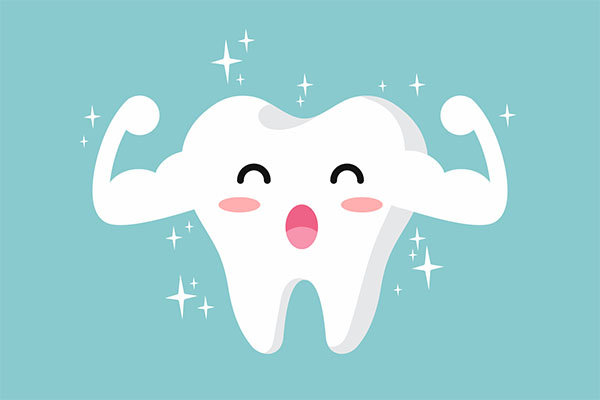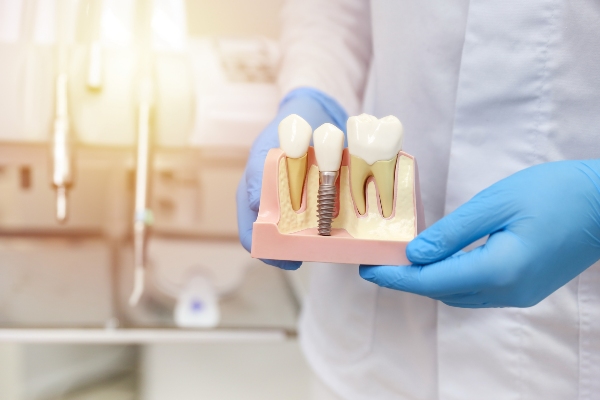 Dentists often use dental bonding to fix tooth problems. Continue reading to learn more about this type of dental restoration. Many dental patients are opting for this tooth restoration treatment because it strengthens teeth and gives them a natural appearance. Dental bonding also has a much longer lifespan than most tooth repair options. But how long can one expect the bonding treatment to last on the teeth?
Dentists often use dental bonding to fix tooth problems. Continue reading to learn more about this type of dental restoration. Many dental patients are opting for this tooth restoration treatment because it strengthens teeth and gives them a natural appearance. Dental bonding also has a much longer lifespan than most tooth repair options. But how long can one expect the bonding treatment to last on the teeth?
The durability of dental bonding
When it comes to tooth restoration, dental patients often look at bonding options first. When a patient opts for bonding techniques, they are opting for a dental treatment that will give them the most natural appearance after the procedures are completed and hopefully for a long time to come. The use of composite resin to patch tooth imperfections, such as chips and gaps, is a popular application.
Before deciding on a dental procedure, patients need to consider the durability of the dental restoration. The bonding location affects how long bonding will last on a tooth. For example, if a patient’s dental bonding were performed on the tooth’s edges, it would continue to deteriorate over time due to biting forces.
Following a dental bonding procedure, the dentist will give patients advice about caring for their teeth. Patients can make the dental bonding last as long as possible by following these aftercare directions. Generally, the bonding on the teeth can last between five to 10 years, depending on the level of care. The lifespan could be longer.
Extending the lifespan of dental bonding
The composite resin used in dental bonding is not as durable as porcelain material, but patients can make it last by taking care of their teeth. This effort entails making regular choices to avoid damaging the bonding composite and taking measures to promote oral health. It is crucial to note that composite resin is not as strong as real teeth. Hard foods, such as candies and ice chips, should be avoided to prevent chipping or breaking the bonding. Brushing and flossing the teeth daily is important for good oral health. Patients also need to visit the dentist’s office regularly for exams and cleaning.
Furthermore, the bonding composite is more prone to staining than natural teeth. Coffee, tobacco products, and tea should be avoided, particularly in the days following the bonding procedure. The tooth bonding results are generally stable and long-lasting, but a dedication to proper oral hygiene and preventing bad habits will increase the lifespan.
Ready to get started?
The bonding procedure could be a great choice for you if you have a broken or chipped tooth that needs to be repaired, or if you want to enhance your smile. You will need to schedule an initial dental consultation with a dentist to find out. Also, do not hesitate to contact our dental office if you have any questions about dental bonding and how it can be used to restore or improve the appearance of your teeth. Our team of dental health professionals is ready to assist you.
Request an appointment or call Roderick A. Garcia, DMD PC at 505-634-5029 for an appointment in our Albuquerque office.
Recent Posts
Dental bonding is not a permanent solution. This is in contrast to dental veneers, which are considered a permanent solution and are used for similar reasons as dental bonding. However, dental bonding can last for several years if the teeth are cared for properly.The following discussion highlights what the dental bonding procedure involves and why…
Different restorative dental procedures like dental bonding are available to help people achieve a safe and appealing smile. Dental bonding is a highly efficient and relatively simple dental procedure. The process uses unique composite resins to enhance the appearance of a person's smile, and the dentist can complete the procedure in only one appointment.Dental bonding,…
Dental bonding can fix minor to moderate concerns with teeth, such as chips, cracks, worn-down enamel, and more. Read on to learn more about dental bonding and its uses. It is helpful to understand how dental bonding can benefit your oral health to determine if treatment is right for you or if another form of…


